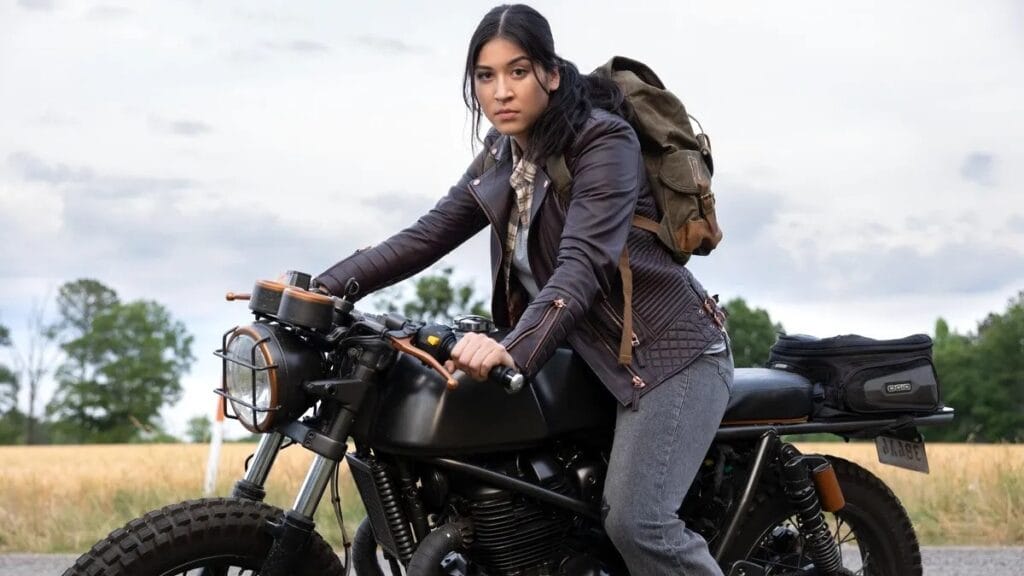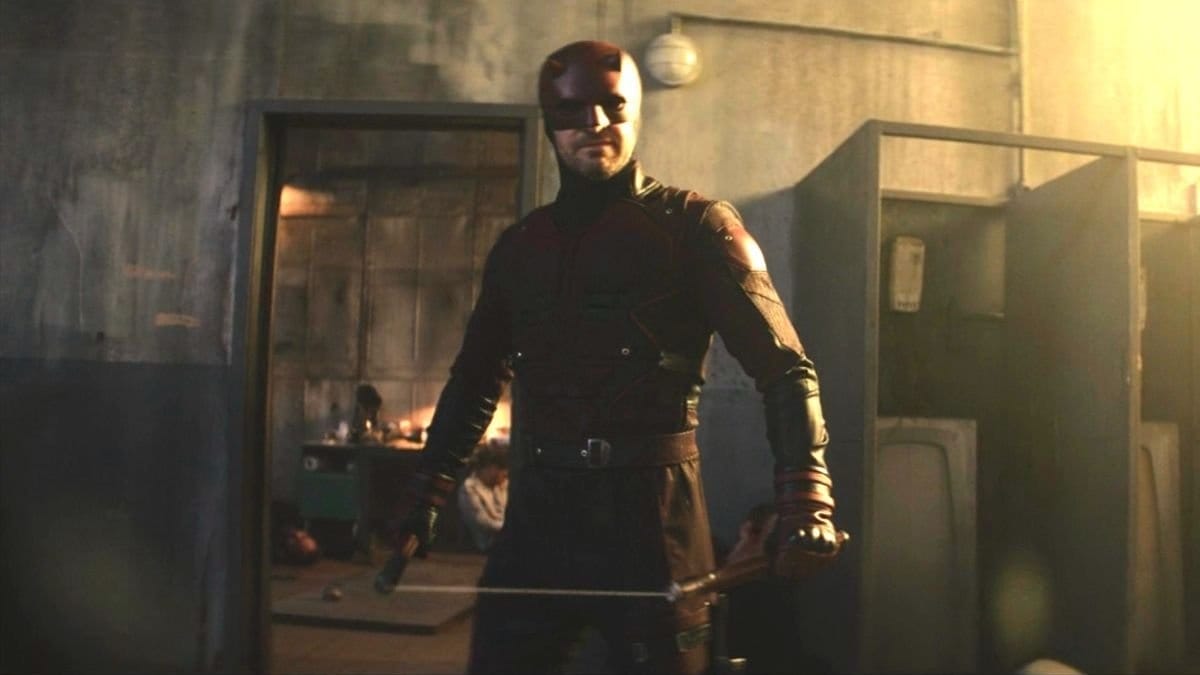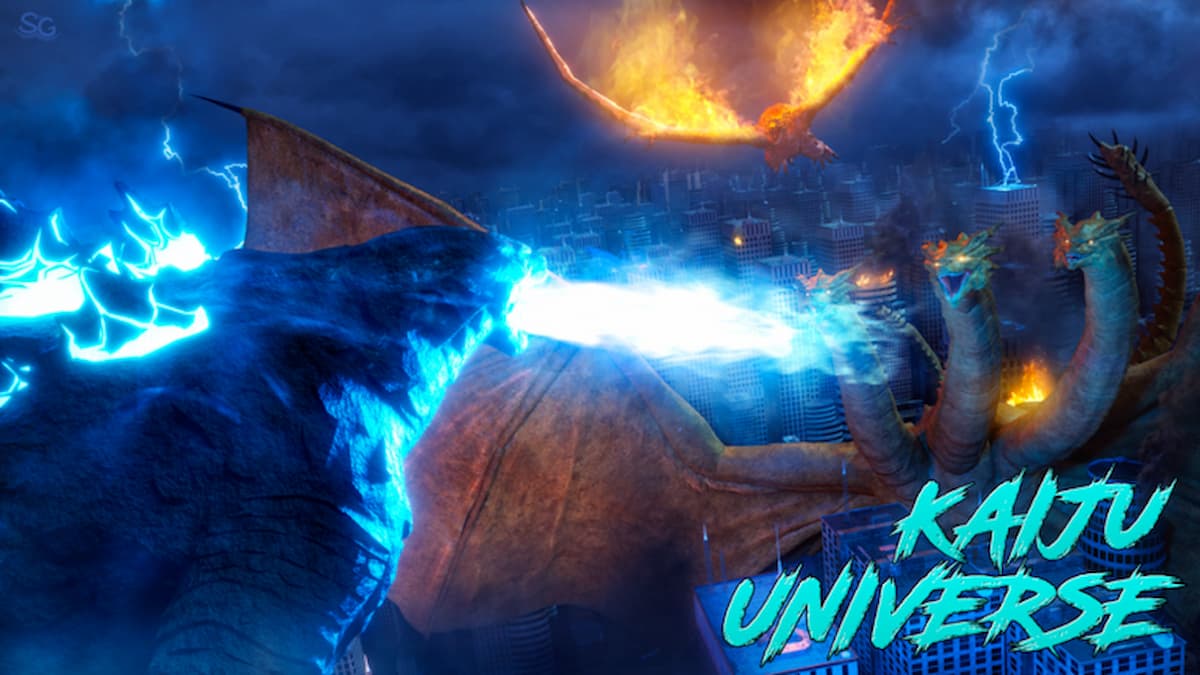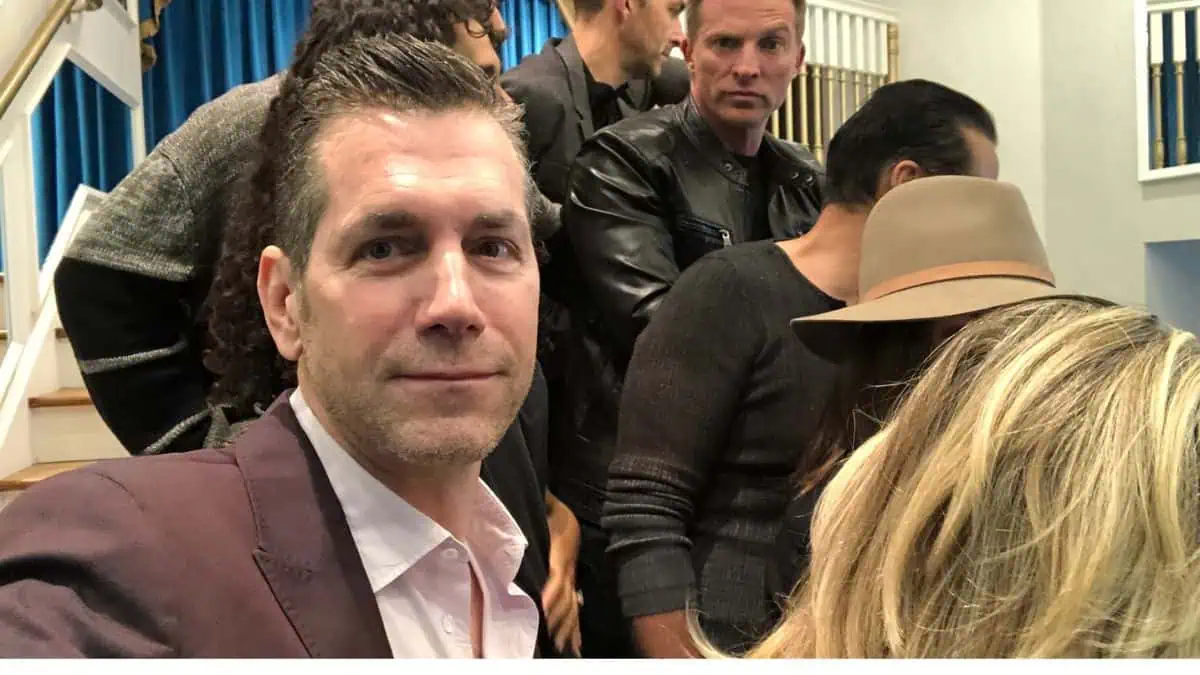Echo depicted its brief cameo fight scene between the title character and new MCU arrival, Charlie Cox’s Daredevil, prominently in the marketing. For all its Marvel Spotlight branding, the latest MCU show is as connected to the franchise as any other. This slight disappointment caused me to question the merit of being unrelated. Why is cutting out cameos and callbacks a virtue when it’s one of every fan’s favorite parts of comic books?
Most Comics Are Cross-overs
If you pick up a Spider-Man comic, you will see the Wall-Crawler and his cast of supporting characters, but you’re also likely to see other heroes. Spider-Man has friends and enemies across every series. He’s been an Avenger, a Fantastic Four member, and he’s shared words with nearly everyone else on the roster. Less iconic characters like Echo may keep their cameos closer to the center, but brand names don’t bind her. Marvel comics regularly treat their entire cast as one interchangeable story. Nothing separates the X-Men from the Avengers, nor the Guardians of the Galaxy from The Incredible Hulk. They exist, live, work, play, and fight in the same multiverse. Marvel’s editorial team has the final say over most choices, but many comics writers feel comfortable bringing their favorite characters wherever they want. There’s no disconnect on the page like on the screen.
The Marvel Cinematic Universe experiment will reach its sixteenth year this May. The MCU has enough characters to pack every outing with cameos. Its heroes should feel as interconnected as their comic book counterparts. Everything still happens in New York City, most heroes still know each other by their first names, and much of the Avengers roster remains friends. Why wouldn’t Daredevil pop up in Echo? They run in the same circles. Why wouldn’t Spider-Man run across Stephen Strange from time to time? Every hero is a potential supporting character for any other protagonist. Nothing should be wrong with that, but the functional reality of making a superhero movie changes the math. Comic books don’t garner much respect, but marketing gimmicks are part of the expected routine. Movies draw bigger audiences and more scrutiny but have much greater price tags.
MCU Cameos Feel Like a Negative

We comic book fans must face the fact that comics are a niche product. Marvel movies increase comic book sales, but the films will always be the driving force. You don’t need to read comics to enjoy superhero movies. Fans contend that doing so will enhance the experience in some cases and ruin it in others. Since more people see Marvel movies than read Marvel comics, their actions hit a larger audience. I argue you don’t have to see every MCU film before seeing the next one, but that feeling permeates the fanbase. Comic book fans know, in most cases, that a new run is a discrete story that can be picked up and put down with reckless abandon. Cameos and cross-overs are part of the experience. They’re also part of what made the MCU seem risky. People are getting sick of a gimmick that used to be impressive.
While the cinematic universe gimmick continues to overstay its welcome, comic book fans see it as the default way of enjoying the medium. We’re used to cross-overs and cameos in every Marvel comic. The elephant in the room is that every cinematic cameo requires much more work than its counterpart. To get Matt Murdock’s cameo in Echo, someone had to contact Charlie Cox, work out a deal, and pay him for his work. I’m using the term “cameo” loosely here, but any appearance by an MCU mainstay requires a ton of work on the back end. That level of work can’t come for free. We know they didn’t call up Patrick Stewart for Multiverse of Madness exclusively to delight an audience. Cross-overs feel less magical when we can guess at a tremendous price tag and imagine the corporate decisions behind them.
I think much of the negative reaction towards MCU cameos comes from the inherent inner conflict between the art we love and the companies that own it. Sure, it’s still a marketing gimmick to shove Wolverine into a Spider-Man comic, but its effects are far less egregious. People are willing to write off comics, assuming the entire medium is buried in poorly disguised sales tactics. Marvel movies, likely still the dominant force in blockbuster cinema, make every decision under a spotlight. Cameos can still be fun, but seeing the machinery behind every MCU cross-over kills the appeal. When we see them trying to sell us something, we reject it, especially when their methods are as simple as a few cameos.







